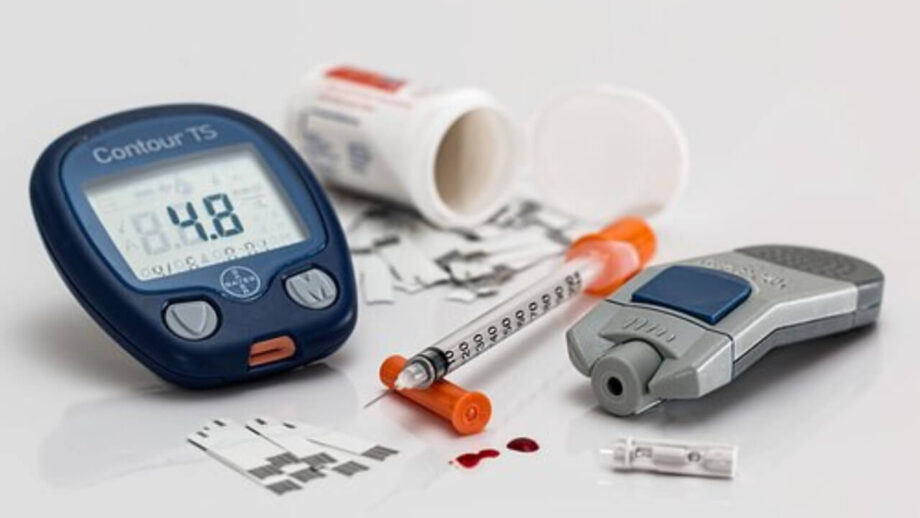Having a health ID card can be incredibly helpful for keeping track of your medical history. It contains all the information you need about your health and can make it easier to find the information you need when talking to your doctor or other healthcare providers. When you go for health ID card registration, you will have an accessible, organised record of your medical history, including past illnesses, surgeries, immunisations, and screenings. Having this information in one place can help you stay on top of your health and ensure you get the care you need.
Why Should You Have A Health ID Card?
A health ID card provides a convenient way to carry your medical information wherever you go. It eliminates the need for paper records and can be easily accessed in the event of an emergency. It also helps to keep your medical history up-to-date and allows you to access it any time you need to provide medical records or other information. In addition, having all of your health information in one place simplifies the process when going to the doctor or seeking a second opinion.
Medical History And Health Id card:
Having a health ID card means your medical history is always at your fingertips. This can be especially helpful when dealing with a new doctor or discussing treatment options. It will also help you keep track of any medications, allergies, or conditions you may have so that your healthcare providers can provide the best care possible. Having your medical history stored in one place also ensures that all of your health information is accurate and up-to-date, making it easier for you to manage your health and make treatment decisions.
A health ID card is an important part of keeping track of your medical history. It can help you stay on top of your health and ensure that you get the care you need. With a health ID card, all your medical information will be readily available and organised so you can access it when needed. This is a great way to stay on top of your health and ensure you get the best care possible.
What Should Be Included In Your Health ID Card?
Your health ID card should include your name, address, contact information, and any allergies or medical conditions you have. Additionally, you should include the names and contact information of all your doctors, healthcare providers, and specialists. Including a list of any medications you are taking or have taken in the past is also important. Additionally, you should include information regarding any surgeries or medical treatments you have had in the past.
Where To Get A Health ID Card?
You can obtain a health ID card from your doctor or healthcare provider. In addition, many hospitals and clinics offer health ID cards and some health insurance plans. You can also purchase a health ID card online or at pharmacies and drug stores. You can also use Abha Card that you can create from abdm. gov. in.
Benefits Of Having A Health ID Card:
A health ID card is an essential item for anyone looking to keep track of their medical history. A health ID card can be used to store important information about your medications, allergies, treatments, and more.
A health ID card is invaluable for staying organised and on top of your medical history. It allows you to store vital information from doctors’ appointments, lab tests, medical diagnoses, and more all in one place. This makes it easier to access your medical data when needed without having to search through multiple sources or contact multiple providers. With a health ID card in hand, all you need is one piece of identification that contains all your necessary healthcare information.
Another benefit of having a health ID card is that it helps ensure the accuracy of medical records. Medical information can easily get mixed up or lost if not stored properly—but with a health ID card, you have one central location where you can store all your healthcare data. It eliminates the possibility of miscommunication or inaccurate records due to human error. Furthermore, with a health ID card, it’s easy to update or share any changes in your healthcare history with different providers as needed.
Finally, having a health ID card helps you save time when consulting with different providers or searching for specific documents related to your healthcare history. Instead of digging through paperwork and searching multiple sources for relevant information, you’ll have everything right at your fingertips! It saves time and prevents unnecessary stress during doctor’s appointments or other medical visits.
Conclusion
All in all, having a health ID card is an excellent way for individuals to keep track of their medical history and ensure accuracy when consulting with different providers or sharing information about their healthcare needs. From saving time during doctor’s visits to eliminating the possibility of human error when recording data, keeping a health ID card can benefit you in managing various aspects of your healthcare journey!
Source – acko.com


